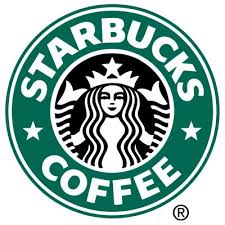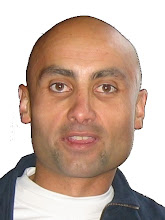- blue collar workers
- knowledge workers
- other
An handicap bus driver was getting a person an a wheel chair onto the bus. Unfortunately for the person, the driver forgot to secure the wheel chair. Half way through, the person was projected forward, landing face first on the pavement. Seeing that people who knew the person were approaching, the driver left the scene.
The managers company were furious and fired the bus driver. The bus driver, hired an attorney, and filled a wrongfully termination lawsuit. As unjust as it may sound to you, the bus driver won the case because the managers were not able to demonstrate that the bus driver had received the necessary training.
After reading this story, what do you think about the question at the beginning?
In the knowledge economy, ANY worker is a knowledge worker. Knowledge is knowledge. Society has to be able to resist basic human snobbery, and accept that knowledge emerges from ALL professions.











